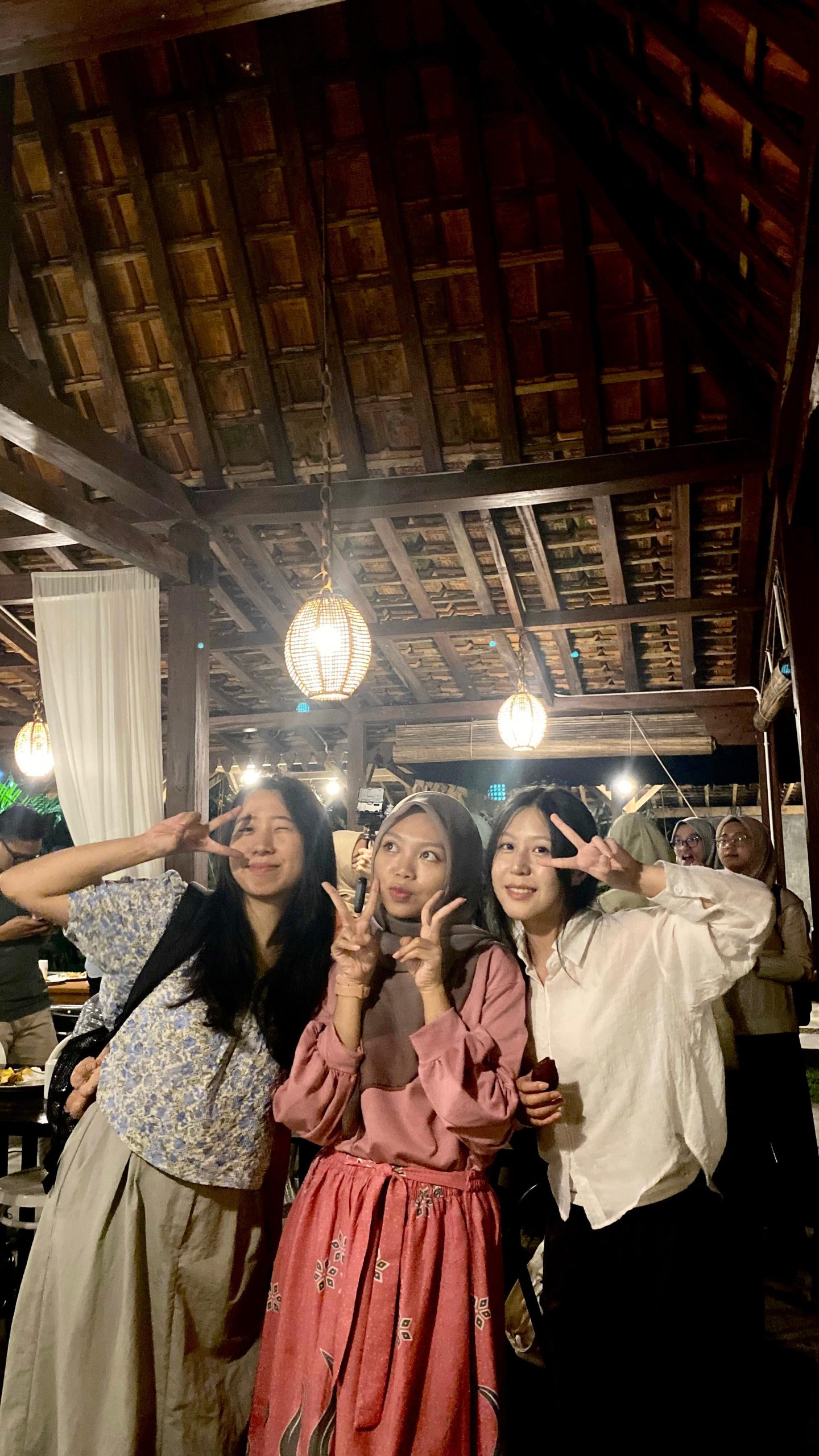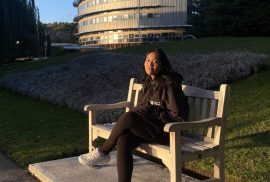The Merdeka Student Exchange Program is an initiative that allows university students to study at universities in Indonesia for one semester. It aims to enhance their learning experience and strengthen unity in diversity. PMM targets to involve 204 recipient universities and accept 15,505 students as participants of this program. One of the universities that received the program is of course Gadjah Mada University. There are many students who have exchanged to this campus and not a few who managed to qualify to study at the Faculty of Cultural Sciences. The students came from various universities from all over Indonesia, and some even came from abroad, namely 2 students from Hankuk University, South Korea.

After almost 6 months of PMM students studying, they will finally be released to return to their respective universities after completing the Final Semester Examination. Therefore, the Faculty of Cultural Sciences took the initiative to organize a farewell event for them. The event was held at Teras Langit Turi on Thursday, June 13, 2024 and was attended by 24 students and a number of lecturers representing each study program. They gathered at 4pm at the Faculty of Cultural Sciences and departed together using the bus that had been prepared for them. After traveling for about half an hour, they arrived at the venue. There they were served various drinks, food, snacks, and heavy meals. While eating the dishes, they were invited to share their respective experiences during college. They captured the moment together before going home.




